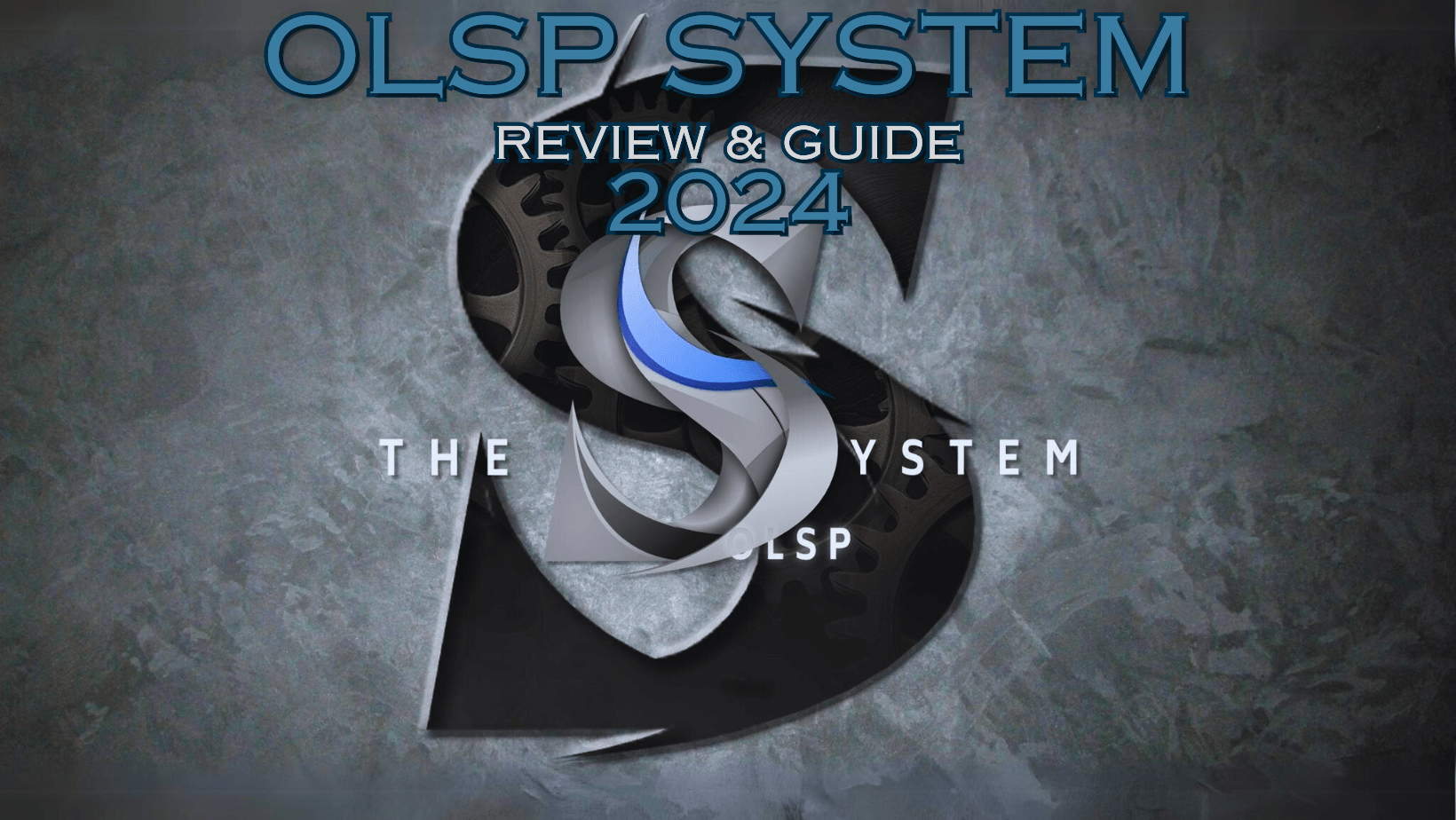In the fast-paced world of market research, innovation is the name of the game. Traditional methods, while valuable, often struggle to keep up with the sheer volume and velocity of data that modern businesses need to analyze. Enter Artificial Intelligence—a powerful tool that’s transforming the landscape of market research.
AI offers the potential to automate tedious processes, uncover hidden patterns, and deliver insights at unprecedented speed and accuracy. Whether it’s predicting consumer behavior, tracking emerging trends, or personalizing marketing strategies, AI-driven analytics provide a competitive edge that’s hard to ignore.
This seismic shift from manual to automated analysis empowers businesses to make data-driven decisions like never before. From startups to global corporations, the adoption of AI in market research is not just an upgrade; it’s a revolution in how insights are gathered and used. Dive into this new era with us as we explore the incredible potential of AI to reshape the market research industry.
Introduction to AI in Market Research
Market research has long been the backbone of informed business strategy, but the traditional methods can often be slow and resource-intensive. AI comes into play as a game-changer, bringing unparalleled efficiency and depth to the research process.
By leveraging machine learning algorithms and natural language processing, AI can sift through vast amounts of data in moments, identifying trends and insights that human analysts might miss. This technology doesn’t just speed up research; it elevates the quality and accuracy of findings, helping businesses make smarter decisions.
Why AI Matters
The predictive power of AI is particularly noteworthy. Businesses can use AI models to forecast market trends and consumer behavior with a precision that was once unimaginable. This foresight not only aids in strategic planning but also offers an agility advantage, enabling companies to pivot quickly as market conditions change.
Additionally, AI’s ability to personalize insights means that businesses can tailor their strategies to meet the nuanced needs of their audiences. In a competitive marketplace, these personalized insights can mean the difference between capturing a loyal customer and losing them to a competitor.
Embracing AI in market research opens up a world of possibilities, positioning businesses to thrive in an ever-evolving landscape.
The Impact of AI on Data Collection Efficiency
AI is redefining how data is collected, moving beyond traditional surveys and focus groups to more dynamic and diverse sources. Thanks to machine learning, insights can now be gathered from social media, customer reviews, and even sensory data, offering a richer tapestry of information.
One of the standout benefits is the real-time data processing capability. AI systems can continuously collect and analyze data, providing up-to-the-minute insights that keep brands agile and responsive to immediate market shifts.
Streamlining the Process
Gone are the days of manually sifting through data. AI algorithms automate this once labor-intensive process, allowing researchers to focus on high-level analysis and strategy rather than the nitty-gritty of data gathering.
Also, AI-driven tools can adapt over time, learning from the data they process to become even more efficient and accurate. This means that as businesses grow and data volumes increase, AI scales seamlessly, maintaining efficiency without sacrificing quality.
The result is not just faster data collection but also more robust and actionable insights, enabling companies to make informed decisions that are firmly rooted in current and comprehensive data. This is the true power of AI—a leap forward in efficiency that transforms raw data into strategic gold.
Enhancing Data Analysis and Insights with AI
AI doesn’t just streamline data collection—it supercharges the analysis process, transforming raw numbers into compelling narratives that drive business strategy. By applying sophisticated algorithms, AI is able to detect patterns and anomalies that are often invisible to the human eye.
A key feature of AI in data analysis is its ability to integrate various data sets, seamlessly combining structured and unstructured data. This cross-pollination of information leads to richer, more nuanced insights, offering a holistic view of market dynamics.
Unveiling Hidden Patterns
Traditional analysis might spot broad trends, but AI can drill down into the nuances, identifying micro-trends and latent variables. This level of detail allows businesses to predict shifts before they happen, providing a significant strategic advantage.
Another transformative element is AI’s ability to translate complex data into visualizations that are both intuitive and insightful. These visual tools make it easier for decision-makers to understand complex information and make strategic choices with confidence.
The insights garnered through AI-powered analysis are not just data points; they’re revelations that can guide companies toward innovative strategies and untapped opportunities. With AI, data analysis becomes an engine of growth, propelling businesses toward informed and insightful futures.
Utilizing AI for Predictive Market Trends
In the world of business, staying ahead of the curve is crucial. AI has the unique ability to turn historical data into predictions about future market trends, giving companies a valuable window into what lies ahead. This foresight allows businesses to strategize effectively, reducing risks and capitalizing on emerging opportunities.
Through advanced algorithms, AI can analyze vast datasets to build predictive models that anticipate customer behavior, industry shifts, and competitive landscapes. This means businesses are not just reacting to changes but proactively shaping their strategies to meet future demands.
Gaining a Competitive Edge
The precision of AI-driven predictions stems from its ability to continuously learn and adapt. As new data streams in, AI systems refine their models, making predictions increasingly accurate over time. This dynamic capability ensures businesses remain agile and informed.
On top of that, AI doesn’t just predict trends; it provides insights on why these trends are occurring and what factors are driving them. This nuanced understanding empowers businesses to tailor their responses, optimizing product offerings and marketing strategies to align with future consumer preferences.
By harnessing AI for predictive insights, companies can navigate the complexities of the market with confidence, ensuring they’re not just participants in their industry—but leaders.

Personalization in Market Research Through AI
In today’s competitive marketplace, personalization is key to connecting with customers on a more meaningful level. AI has revolutionized market research by providing tools that allow businesses to tailor their offerings to individual preferences and needs, creating a more personalized customer experience.
AI analyzes consumer data not just broadly, but at a granular level, understanding unique behaviors, preferences, and purchasing patterns. This deep dive into customer profiles enables brands to craft highly targeted marketing strategies, meeting consumers where they are with products and services they truly want.
Crafting Personalized Experiences
Machine learning algorithms take personalization to the next level by continually learning from each consumer interaction. This means that every click, purchase, and interaction refines the AI’s understanding, ensuring that the recommendations it generates are increasingly accurate and impactful.
Beyond just marketing, personalization extends to product development and customer service. Businesses can use AI insights to innovate and enhance their offerings, ensuring they resonate with their audience on a personal level. This not only boosts customer satisfaction but also builds brand loyalty, as consumers feel understood and valued.
Embracing AI-driven personalization transforms market research from a one-size-fits-all approach to a dynamic, customer-centric strategy, setting the stage for deeper connections and sustained success.
Ethical Considerations in AI-driven Market Research
As AI becomes integral to market research, it’s crucial to navigate the ethical landscape with care. The use of AI involves collecting and analyzing vast amounts of personal data, raising important questions about privacy, consent, and the responsible use of information.
First and foremost, transparency is key. Companies must be clear about what data they’re collecting, how it’s being used, and—perhaps most importantly—how they’re protecting it. Building consumer trust hinges on these commitments, ensuring that participants feel secure in sharing their information.
Balancing Innovation and Privacy
Another ethical consideration is avoiding bias in AI algorithms. AI systems learn from existing data, which can inadvertently include societal biases. Ensuring fairness in AI-driven insights means actively working to identify and mitigate these biases, fostering inclusivity and equality in market analysis.
Also, businesses need to ensure that the data insights gained from AI are used ethically, in ways that benefit both the company and its customers. This means avoiding manipulative practices and focusing instead on creating genuine value.
By prioritizing ethical standards, companies not only comply with legal requirements but also demonstrate a commitment to respecting consumer rights. In turn, this strengthens brand reputation and builds a foundation for sustainable, responsible growth in the digital age.
The Future of Market Research: AI Innovations
Looking ahead, the trajectory of AI in market research is poised for exciting developments. As technologies advance, AI promises to usher in even more sophisticated tools, expanding the boundaries of what market analysis can achieve.
We’re already seeing the beginnings of AI-driven sentiment analysis, which interprets the emotional undertones in consumer communication, offering insights into brand perception beyond raw data. This kind of nuanced understanding allows businesses to refine their messaging with greater empathy and precision.
Real-Time Insights and Decisions
Emerging AI tech also focuses on real-time analytics. As AI becomes faster and more adaptable, instant data processing will be the norm, equipping businesses to make informed decisions on-the-fly. This agility is essential in a world where consumer trends can shift overnight.
Not to mention, the integration of AI with augmented reality (AR) and virtual reality (VR) holds the potential to transform customer experiences. Imagine testing new products in a virtual space, gathering real-time feedback without physical prototypes—a game-changer for market research and product development alike.
As AI continues to evolve, its role in market research will grow ever more integral, pushing boundaries and enabling businesses to connect with their audiences in innovative, meaningful ways. This dynamic landscape promises a future where data-driven insights are not just beneficial, but essential to success.
Conclusion
As we’ve explored, AI is not just an incremental advancement in market research; it’s a transformative force that is reshaping every facet of the field. From enhancing data collection and analysis to predicting future market trends and personalizing customer experiences, AI’s capabilities are creating new opportunities and efficiencies.
The benefits of integrating AI into market research are clear. Companies can now navigate the complexities of consumer behavior with greater accuracy and speed. They can anticipate shifts in the market and adapt their strategies accordingly, staying steps ahead of the competition. Furthermore, AI empowers businesses to meet their customers’ needs in more personalized and meaningful ways, fostering loyalty and engagement.
However, with tremendous possibilities come equally significant responsibilities. It’s crucial for businesses to address the ethical implications of AI usage, ensuring data privacy and fairness in their algorithms. Being transparent and respectful of consumer rights will help build trust and foster long-term relationships with customers.
As we look to the future, it’s evident that AI innovations will continue to shape the landscape of market research. By embracing these technologies thoughtfully and ethically, businesses can unlock unparalleled insights and create value in ways previously unimaginable.
Ultimately, the integration of AI in market research isn’t just about keeping pace with technological advancements. It’s about leveraging these tools to understand and connect with people on a deeper level, driving innovation and growth in an ever-evolving digital world.
















